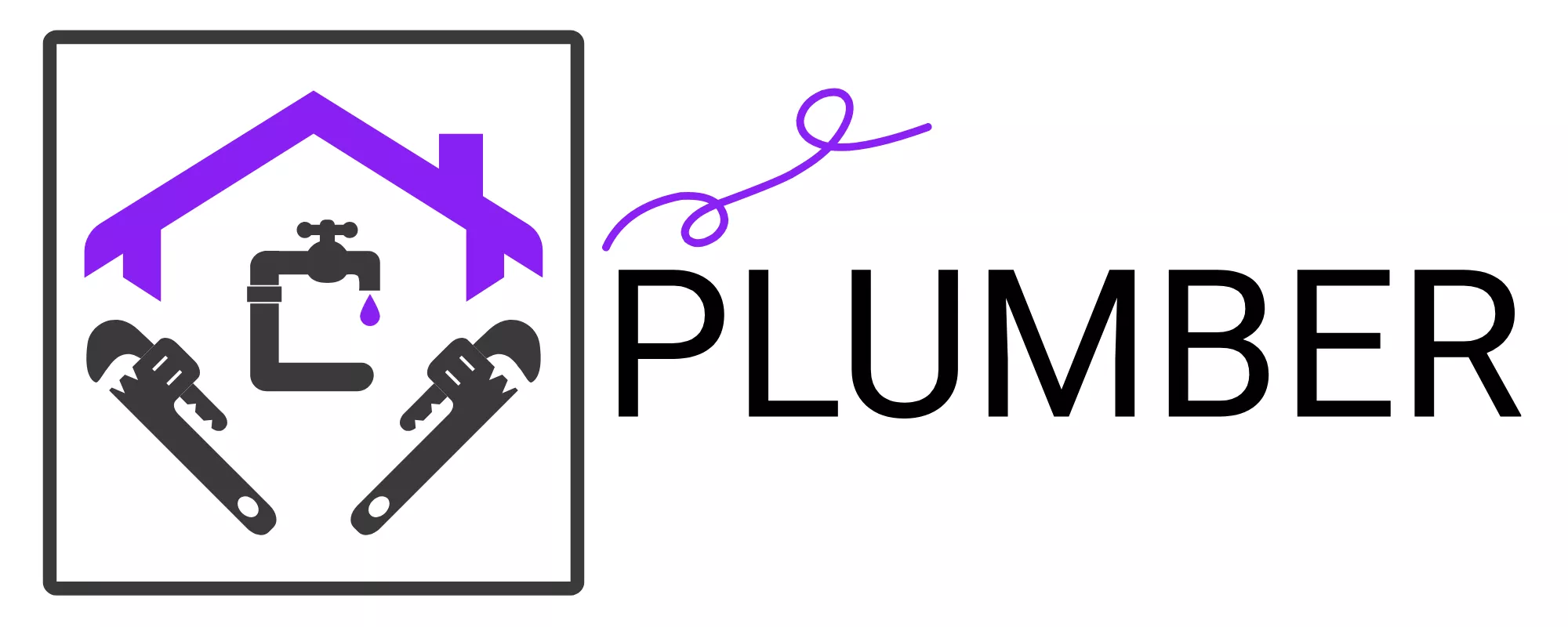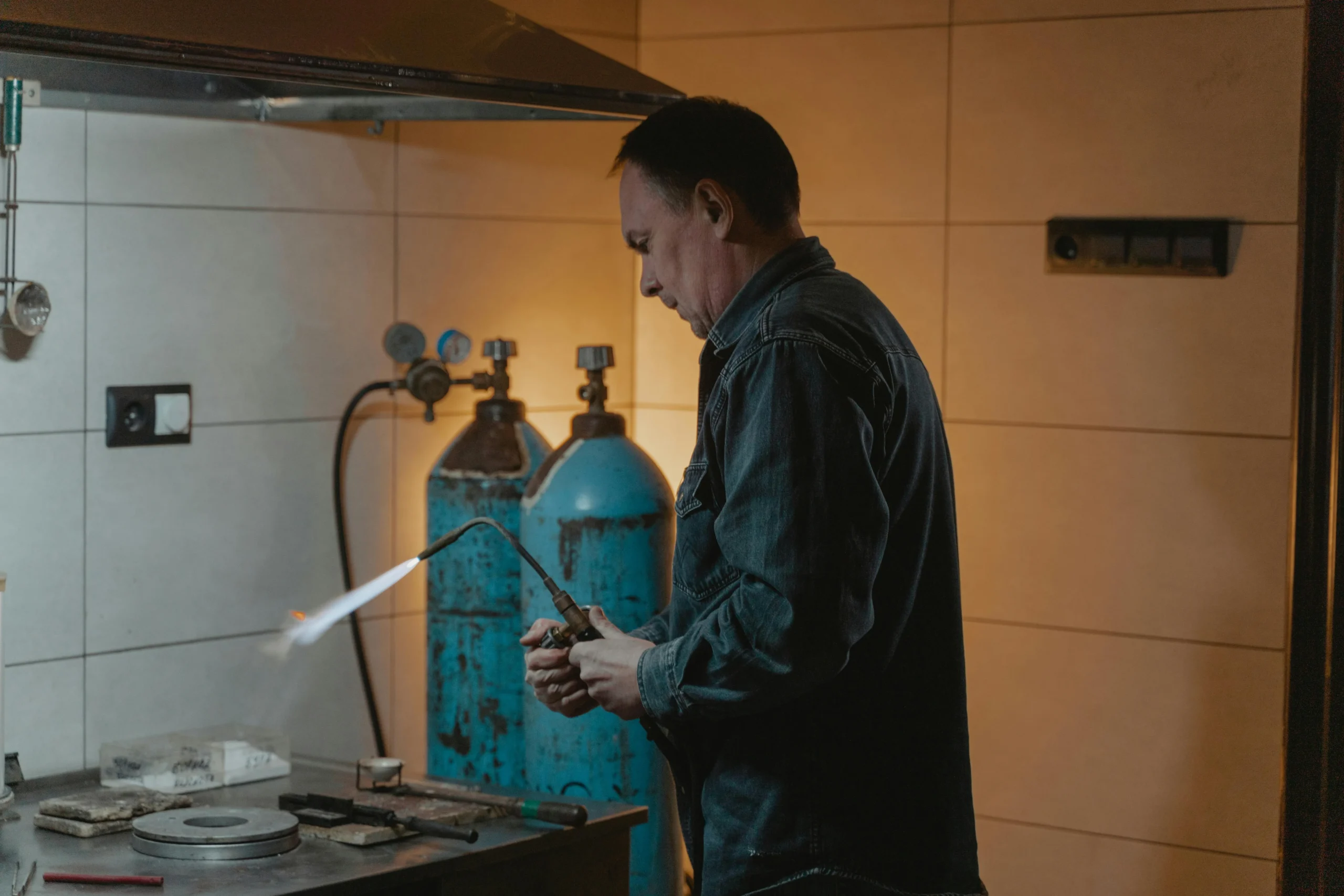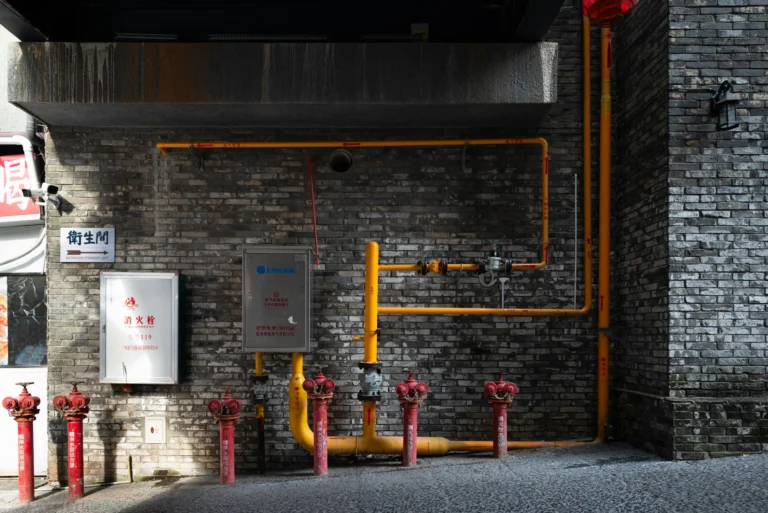Gas Line Repair: Ensuring Safety and Restoring Gas Flow
Introduction
Gas powers countless homes and businesses, providing efficient heating, cooking, and appliance operation. But like any system, gas lines can deteriorate, develop leaks, or get damaged over time.
When a gas line issue arises, immediate professional repair is critical — not only to restore your gas supply but also to protect lives and property from potentially deadly hazards. This guide covers the signs of gas line damage, common causes, repair methods, and the importance of hiring licensed professionals.
1. Why Timely Gas Line Repair is Critical
Gas is highly flammable, and even a small leak can lead to explosions or carbon monoxide poisoning. Timely repair:
- Prevents Safety Hazards – Avoids risks of fire and toxic gas exposure
- Restores Efficiency – Ensures appliances work at their full capacity
- Maintains Compliance – Keeps your property up to local safety codes
- Protects Your Investment – Prevents costly damage to property and appliances
2. Common Signs You Need Gas Line Repair
a) Unusual Odors
Natural gas has a strong sulfur or “rotten egg” smell due to added odorants for leak detection.
b) Hissing Sounds
A hissing or whistling noise near pipes can indicate gas escaping from cracks or joints.
c) Sudden Spike in Gas Bills
If your gas usage hasn’t changed but bills are higher, a leak may be wasting fuel.
d) Appliance Malfunctions
Low gas pressure or irregular appliance performance may mean your gas line is compromised.
e) Vegetation Damage
Dying plants or grass above underground gas lines may signal a leak.
3. Causes of Gas Line Damage
- Corrosion – Metal pipes naturally degrade over time
- Poor Installation – Incorrect pipe fittings or improper sealing
- Natural Wear and Tear – Aging infrastructure
- Environmental Factors – Soil movement, tree roots, or flooding
- Construction Work – Accidental damage from digging or renovations
4. The Gas Line Repair Process
Step 1: Safety Measures
The gas supply is shut off immediately to prevent leaks from worsening.
Step 2: Leak Detection
Specialized tools (like gas detectors or pressure testing) locate the exact leak point.
Step 3: Isolating the Problem Area
The damaged section of the gas line is identified for repair or replacement.
Step 4: Repair or Replacement
- Minor Leaks – Fixed by tightening joints or replacing small sections
- Major Damage – Requires replacing longer pipe sections or fittings
Step 5: Pressure Testing
The repaired line is tested under pressure to ensure it’s fully sealed.
Step 6: Final Inspection & Restoration
A licensed inspector approves the repair before restoring the gas supply.
5. Why Gas Line Repair is Not a DIY Job
- High Risk of Explosion or Fire – Gas work demands strict safety control
- Specialized Tools Needed – Leak detection and pipe sealing require professional equipment
- Legal Requirements – Many regions require repairs by licensed plumbers or gas fitters
- Hidden Damage Risks – Professionals know how to find and fix underlying issues
6. Emergency Gas Line Repair
Some situations demand immediate 24/7 response, such as:
- Strong gas smell indoors or outdoors
- Gas appliances suddenly shutting down
- Fire department detecting a leak during inspection
Tip: If you suspect a leak, turn off your gas supply, evacuate the property, and call emergency services before contacting a licensed plumber.
7. Preventing Future Gas Line Issues
- Schedule annual inspections by licensed professionals
- Avoid DIY modifications to gas pipes
- Keep gas lines clear from trees and heavy landscaping
- Use corrosion-resistant materials for new installations
- Monitor gas pressure regularly for unusual changes
8. Cost Factors for Gas Line Repair
The repair cost depends on:
- Extent of Damage – Small leaks cost less than full line replacements
- Location of the Damage – Underground or hidden pipes cost more to access
- Material Type – Black steel, copper, or CSST each have different repair costs
- Emergency Service – After-hours repairs may have higher charges
Conclusion
Gas line repair is not just about restoring functionality—it’s about protecting lives. Whether it’s a small leak or a major rupture, hiring a licensed professional ensures repairs are done quickly, legally, and safely.
When it comes to gas, there is zero room for shortcuts. If you suspect a problem, take immediate action — because in gas safety, every second counts.


